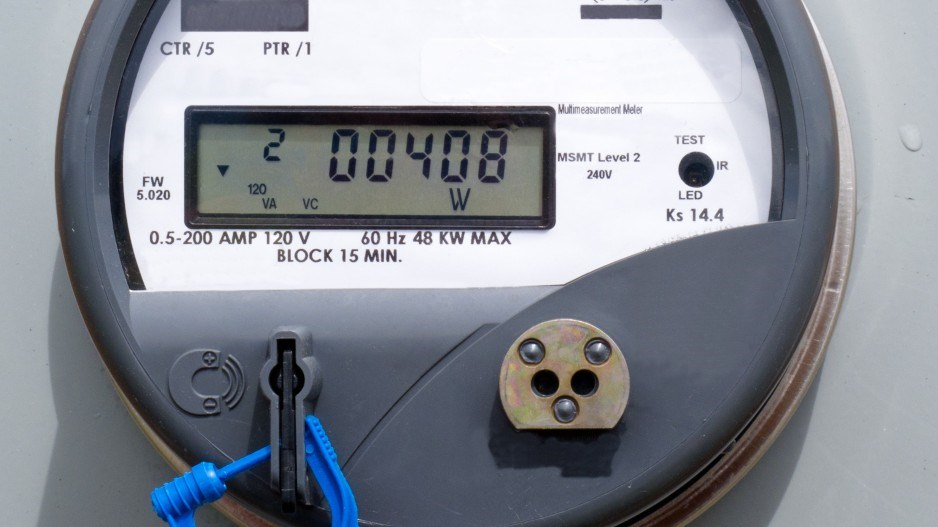Two B.C.-based advocacy groups want an independent panel investigating the potential health risks of wireless devices disbanded after the panel’s chairman resigned because of a conflict of interest.
The Royal Society of Canada, a more-than-century-old research association based in Ottawa, is preparing a report on the effects of radio-frequency fields from wireless telecommunication devices such as cellphones and smart meters.
But on July 9, Daniel Krewski, chairman of the expert panel assembled to produce the study, voluntarily resigned because he previously worked for Industry Canada in a public relations role addressing concerns about cell towers and antennas. The Canadian Medical Association Journal was the first to mention Krewski’s former job and raise the conflict-of-interest allegations with the Royal Society.
As a result, the Coalition to Stop Smart Meters (CSSM) and Citizens for Safe Technology (CST) – the groups opposed to the installation of smart meters in B.C. because of perceived health risks – are demanding the panel be disbanded and reassembled with a bias-free group of experts. The groups claim that if the panel is not recast its conclusions will be suspect.
“This panel should have the proverbial open mind,” said Sharon Noble, director of the Coalition to Stop Smart Meters.
The Royal Society of Canada declined to comment on the issue, saying only that the panel is proceeding without a chairman. Its report is expected in the fall.
BC Hydro’s plan to install 1.8 million smart meters throughout the province has been controversial since the Crown corporation began the program in 2011.
Opponents cite the $1 billion price tag and health concerns of wireless technology as reasons to abandon the project.
CST director Una St. Clair told Business in Vancouver that the health concerns associated with wireless communication should concern all British Columbians. St. Clair pointed to studies by the BC Centre for Disease Control and International Agency for Research on Cancer (IARC), both of which mention health risks.
In the BC Centre for Disease Control report, increased use of cellphones is linked to decreased sperm motility in men, while the IARC report classifies radio- frequency fields as “possibly carcinogenic to humans.”
However, numerous other studies state that exposure to radio frequencies at levels emitted by cellphones or smart meters – both considered very low in power – creates no increased health risk.
A group of Quebec scientists, in response to concerns over the Quebec government’s plan to install 3.8 million smart meters, published a report in 2012. Wireless Technologies: For an Informed and Responsible Debate Guided by Science stated that “taken globally, the thousands of epidemiological and experimental studies do not show an increase in cancer rates or any other deleterious effect following exposure to radio frequencies at intensities equivalent or lower to those emitted by cellphones.”
In 2011’s Health Impacts of Radio Frequency Exposure from Smart Meters, the California Council on Science and Technology came to a similar conclusion. A key finding in its report: “Wireless smart meters, when installed and properly maintained, result in much smaller levels of radio frequency exposure than many existing common household electronic devices, particularly cellphones and microwave ovens.”
BC Hydro recently announced that customers who don’t want a smart meter will not be forced to have one but will have to pay a fee for not being part of the system. That fee has not yet been decided on.




